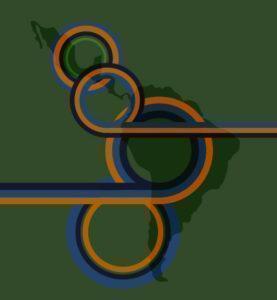The XII congress of the Latin American Association of Immunology (ALAI) and XXIII congress of the Mexican Society of Immunology (SMI) was held in May in Cancun, Mexico, under the slogan “Latin American Immunologists Fighting Disease”. The congress provided a platform for attendees, ranging from renowned senior immunologist to undergraduate and graduate students, representing diverse fields of immunology to interact and share recent discoveries.
The congress was preceded by the I Iberoamerican Flow Cytometry Meeting. Some of the highlights of this meeting were workshops on (i) current approaches to detect and track minimal residual disease during hematological neoplasias with the expert Dr. Alberto Orfao; (ii) PrimeFlow RNA which allows simultaneous detection of RNA transcripts with classical immunophenotype (Dr. Daniel Scott-Algara) and; iii) analysis of nanoparticles, extracellular vesicles and exosomes by flow cytometry (Dr. Alfonso Blanco). Additionally there was a session on big data collection and visualization tools for understanding the complexity of data obtained from platforms such as mass cytometry, an immunological detection tool that simultaneously measures more than 40 parameters. The main conclusion of this meeting was that immune-cytomics requires integral single-cell analysis that couples the understanding of cell genomics and immunophenotype (function), to better understand the immune system during health and disease.
The Latin American Immunology congress was inaugurated with an opening plenary lecture by Dr. Jules Hoffmann, the 2011 Nobel Prize Laureate for Physiology or Medicine. Dr. Jules Hoffman’s lecture covered a great overview of innate immunity, from insects to humans. One of the focuses of his talk was NF-κB as a central transactivator in immune responses after the sensing of an infection through Toll receptors and the activation of intracytoplasmic signaling cascades to culminate with the expression of innate immune genes. Moreover, he emphasized the role of innate immune receptors in sensing “danger signals” and driving adaptive immunity, a crucial step for the development of a highly specific immune response and immunological memory.
The Latin American Immunology Congress reaffirmed that sharing the scientific knowledge and establishing collaborations between different research groups and scientific disciplines is necessary to progress in science.
Article by Cristina Artaza Irigaray and Juan Carlos Balandrán












